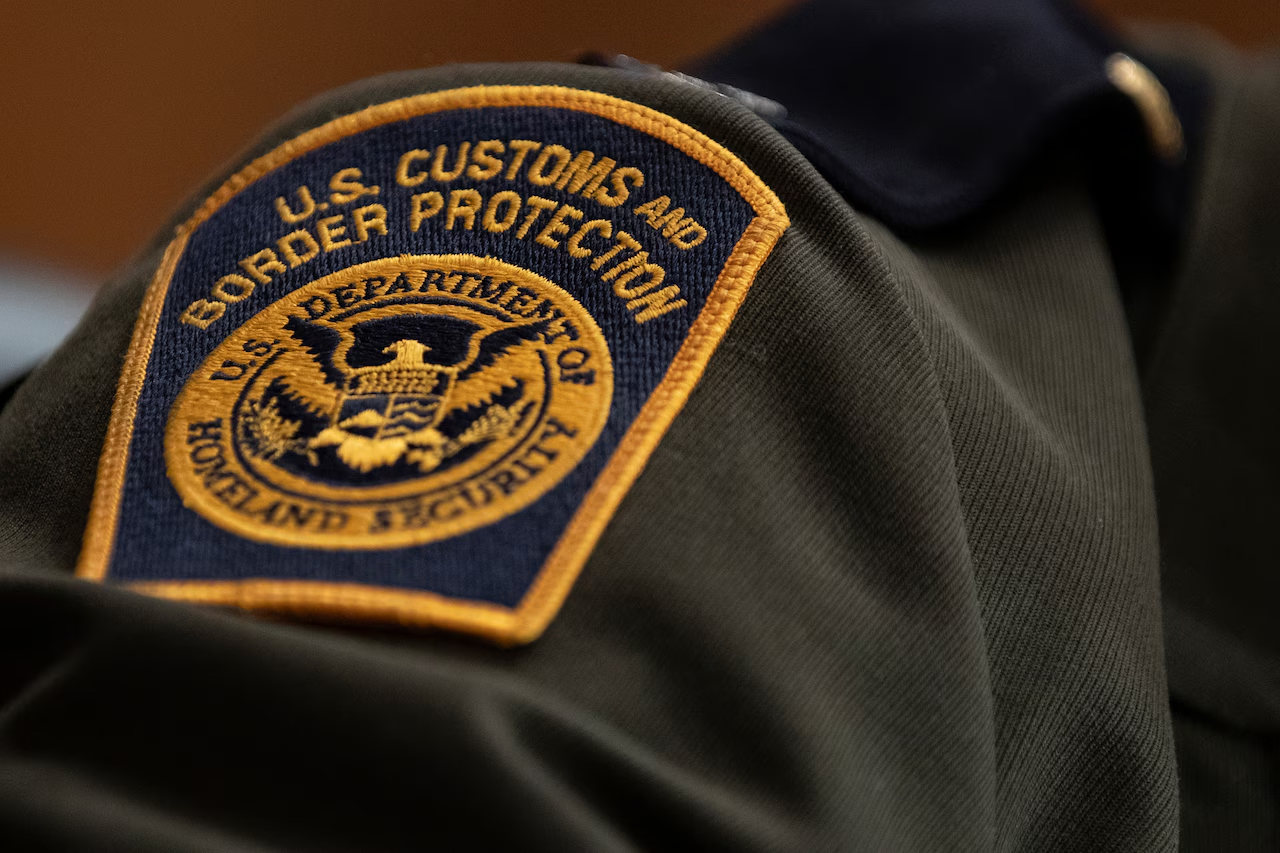PORTLAND, Ore. — A federal judge has found a U.S. Customs and Border Protection (CBP) agent liable for civil assault after he pointed a gun at a hotel maintenance worker who had come to fix his toilet during the summer of 2020.
Judge Rules on Civil Assault
In a ruling released Tuesday, U.S. District Judge Adrienne Nelson determined that Agent Joshua Jones, part of a Phoenix-based tactical Border Patrol unit sent to Portland during nightly unrest following the police killing of George Floyd, committed civil assault when he pointed his weapon at Christopher Frison, a maintenance engineer at the Residence Inn by Marriott in North Portland.
“The fact that Jones opened the door quickly and pointed a gun at the plaintiff is sufficient to establish liability for civil assault,” Nelson wrote in her 22-page opinion.
Also Read
The court will hold a later hearing to determine damages, which are capped at $1 million.
What Happened That Night
On July 27, 2020, Jones called the hotel’s front desk to report a clogged toilet. Around 5 p.m., Frison arrived at Jones’ room carrying a plunger. He testified that he knocked several times, announced himself as maintenance, and gave his name.
When Jones opened the door, Frison said the agent was wearing a hooded sweatshirt, pulled out a handgun, and pointed it directly at his chest with both hands outstretched.
“All I could see was the white of his eyes,” Frison recalled in court. “I wasn’t there as a threat. I was there as a maintenance worker.”
Frison said the gun was trained on him for four to five seconds before Jones muttered twice that he had “messed up.”
Contradictory Testimonies
Jones denied pointing the gun at Frison, claiming instead that he was holding it down at his side with the barrel pointed toward the floor. He testified that he believed someone other than hotel staff might be at his door, possibly even protesters who had tracked him to the hotel.
In earlier accounts, Jones gave different explanations. In an email to a supervisor shortly after the incident, he said he thought a teammate was at the door. During a 2022 deposition, however, he acknowledged considering that a protester might be outside his room.
Judge Nelson pointed out these inconsistencies, noting Jones couldn’t explain why he had a gun in his hand before opening the door or whether it was loaded.
The Court’s Findings
Nelson wrote that Frison’s testimony remained consistent over time and was backed by expert testimony from gun instructor William McKnight, who said it was unlikely an experienced agent like Jones would be handling a gun without purpose.
The judge concluded that Jones “intended” to place Frison in fear of imminent harm, which legally constitutes civil assault, regardless of whether the gun was loaded or whether Jones intended to shoot.
Government attorney Joshua Keller argued that Frison’s version sounded exaggerated, like something “from an action movie,” and emphasized that Jones had no intent to harm. The court disagreed, siding with Frison.
What’s Next
Judge Nelson has directed both sides to schedule a conference call to plan the damages phase of the case. Frison’s legal team has not yet specified the amount they will seek, though the maximum award cannot exceed $1 million.
For Frison, the ruling represents vindication after a terrifying encounter. For Jones, it adds another layer of controversy to the federal government’s deployment of tactical agents in Portland during the volatile protests of 2020.












